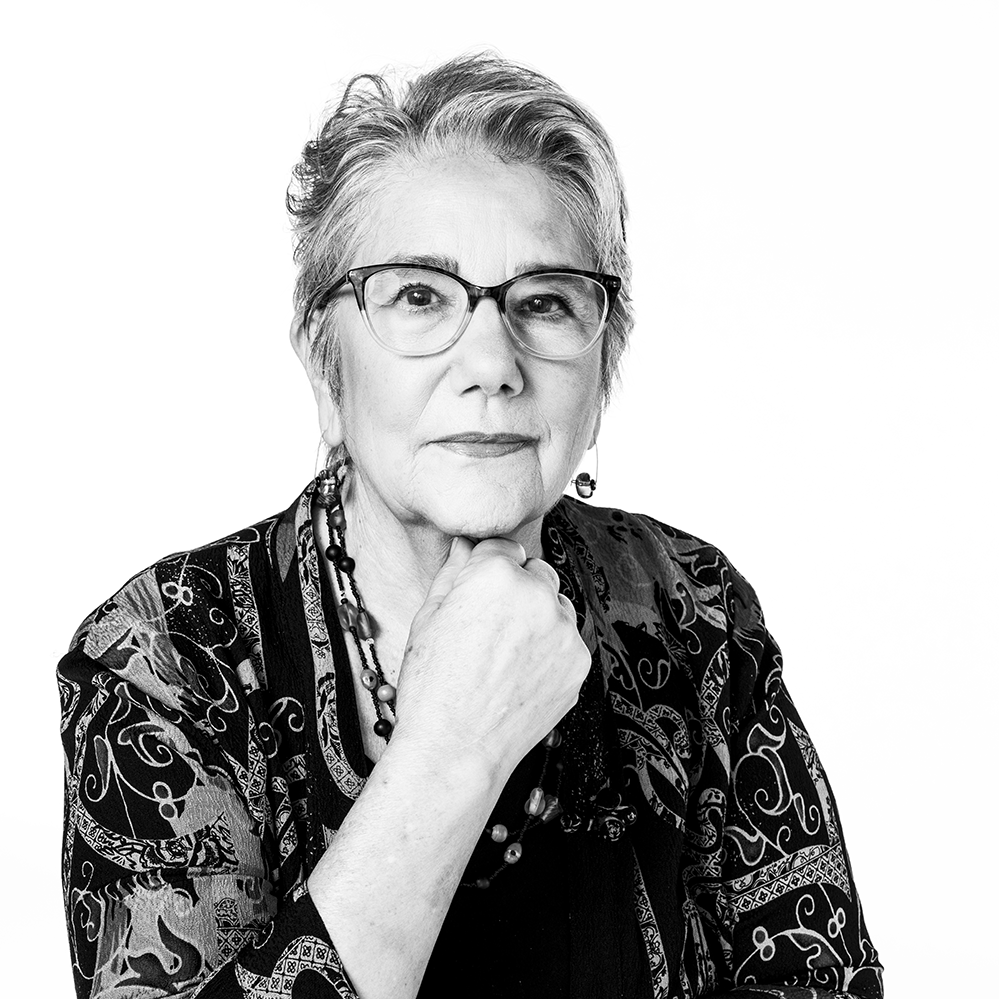We cannot deny that the increasing violence being perpetrated in America today is carried out by boys and men. “Mental illness” is invoked as an explanation, and “more mental health services” are proposed as a solution. Bigotry and hate – perhaps even more complex than mental illness – are also cited as “motives” for many mass shootings and individual crimes against particular racial or ethnic groups.
We shake our heads and ask, “What is making these guys so angry?”
We posit answers like “broken homes,” “bad parenting,” “lack of opportunity,” social and economic disadvantage when compared to other groups or races or cultures… or we throw our hands up in the air and label the killers as “cowards” or “just plain evil.”
Maybe it’s time for us to look at the deepest roots of this violence. Why are boys and men committing mindless mass murder against people they don’t even know, and taking their own lives at unprecedented rates? Where does this all come from? How far back does it go?
For nearly eight decades, American doctors have been engaged in the routine sexual maiming of American boys, carried out (to emphasize the obvious) without boys’ consent, and without regard for their future wellbeing.
Furthermore, until recently, circumcision has been practiced with no pain relief for the child, despite the fact that it is mostly occurs in a medical setting where pain management is given for other surgeries. Even now, though the use of local anesthetic has become more common, it’s not obligatory or particularly effective. And even after the physical wound has healed, the boy must live with scars on his penis and his psyche, and dismissal of his concerns by the same establishment that violated his rights and his body.
The roots of this astonishing lack of compassion for the youngest and most vulnerable members of our society include extreme ignorance and denial (e.g., the assertion that “babies don’t feel pain”), greed (“I can do more circumcisions, more quickly, if I don’t have to wait for anesthetic to take effect”), and mindless disregard, if not contempt, for future physical and psychological consequences (“it’s harmless,” and “anyway, he won’t remember”).
And now, even as more and more boys are being protected from circumcision shortly after birth, they have become targets for another type of violation and act of physical violence – forcible foreskin retraction. Parents are increasingly reporting taking an intact son for medical appointments that have nothing to do with his genitals and being blindsided by a doctor or nurse intent on forcing back the boy’s foreskin, causing great pain and trauma.
Explanations for mass violence, as for all social phenomena, are necessarily complex, and we must resist the impulse to toss out overly-simplistic observations and solutions.
But we need to listen to the growing number of men speaking out about having been violated as babies when an essential (i.e., of its essence) part of their penis was forcibly severed. And we must ask ourselves whether the nearly ubiquitous violation of baby boys as a class of people and the assembly-line acts of violence carried out upon individual newborns might be responsible for at least some of the rage, pain and feelings of impotence that underlie the epidemic of mass killings we are witnessing today.
I will conclude with a quote from my dear friend and fellow intactivist Shelton Walden, who called me as I was writing this introduction:
“We need to treat each other well. We need to stop doing things that make people crazy.”
– Georganne Chapin
This essay was originally published on June 13, 2022, in the Intact America May/June newsletter.





